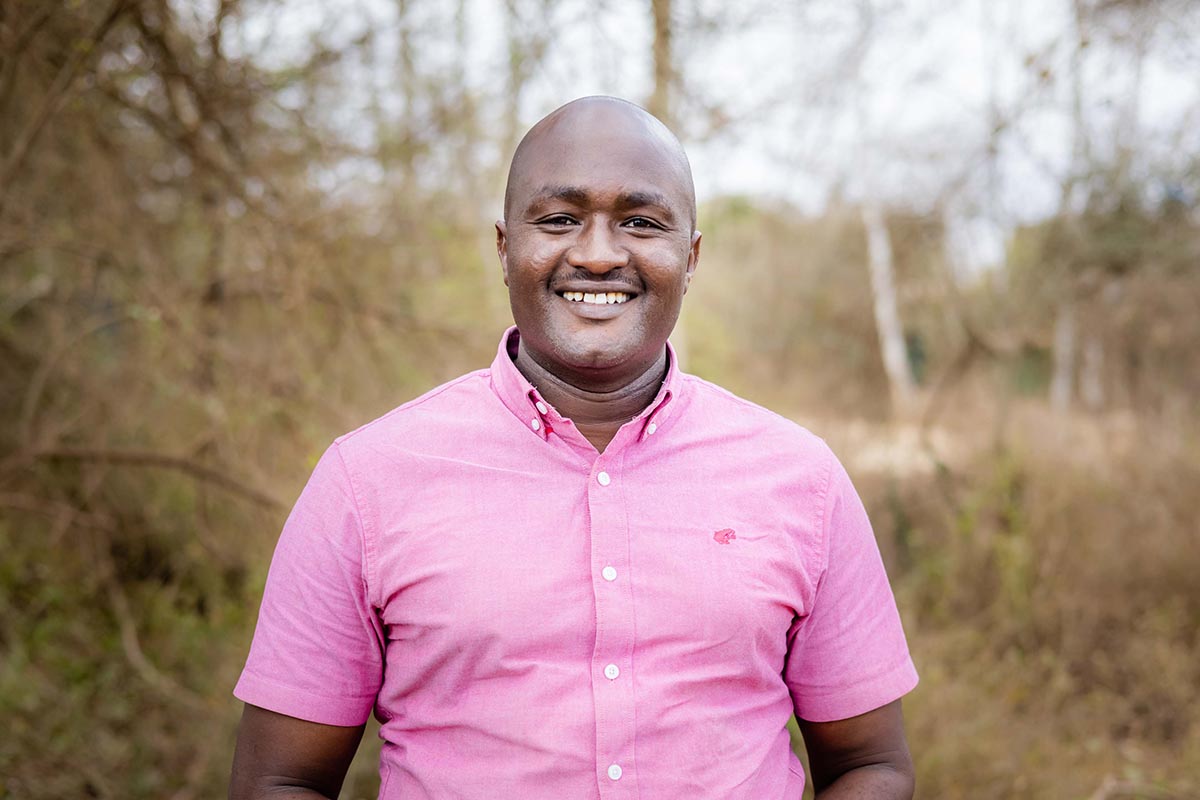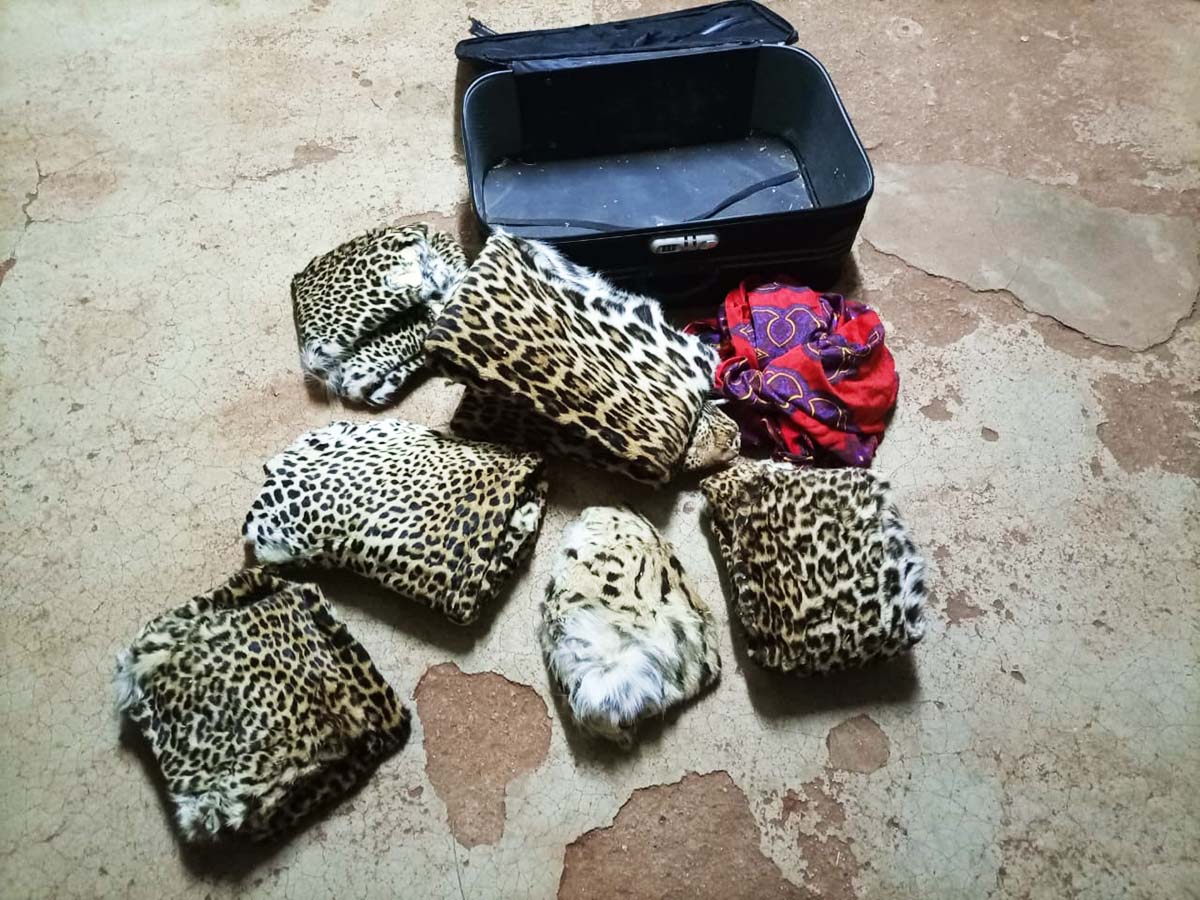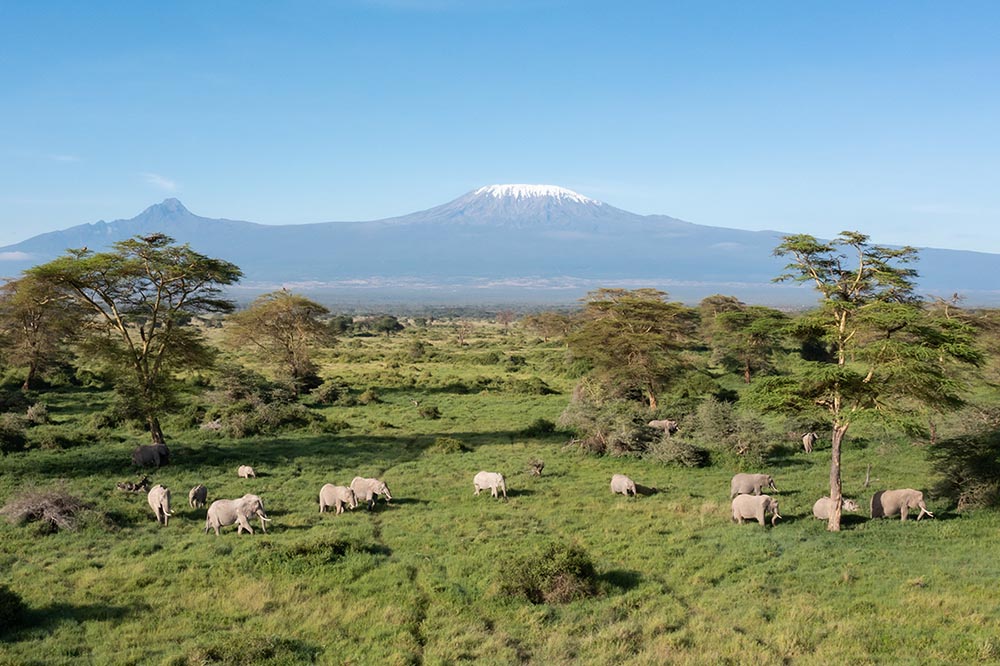By Richard Bonham, Executive Chairman
 I am incredibly proud to introduce Big Life’s new CEO, Benson Leyian, for many reasons.
I am incredibly proud to introduce Big Life’s new CEO, Benson Leyian, for many reasons.
Benson is “home-grown.’’ He hails from Mbirikani Group Ranch, which is at the center of Big Life’s area of operations. He knows the ecosystem, community, and conservation opportunities and challenges better than anyone I know, and probably more importantly, because of his background, he can see it from the inside out.
As a child, he did his time herding livestock, equipped with only a spear to protect himself and his father’s livestock from predators, and this has given him that all-important understanding of the ways of the bush and co-existence with wildlife.
His father never had a formal education but understood its importance and sacrificed what he could to send him to school. Despite periods at home due to lack of school fees, Benson excelled, and today holds a BSc in Non-profit Management and Public Administration. He is also a Certified Public Accountant. And as if that wasn’t impressive enough, in his spare time he is finalizing his PhD in Project Planning and Management.
Benson’s first job was as an accountant for a tourism company, but his passion for conservation led him to the Amboseli Ecosystem Trust, where he worked his way up to become the CEO. While there, the Governor of Kajiado County (within which Amboseli is located) recognized his abilities and recruited him to serve as his conservation advisor and Chief Officer in the Office of the Governor.
The timing of his arrival at Big Life could not be more important, as we work with our partner communities to navigate the complex transition of large areas of the ecosystem from communal land to private ownership, in a way that keeps natural resources intact and the ecosystem functional.
Benson is married to Dr. Jenifer Timpiyian who is a gynecologist at the Kenyatta National Hospital, another success story who we are proud of as a prior beneficiary of Big Life’s scholarship program. They have three children.
We are excited to have you leading the team Benson, welcome.



